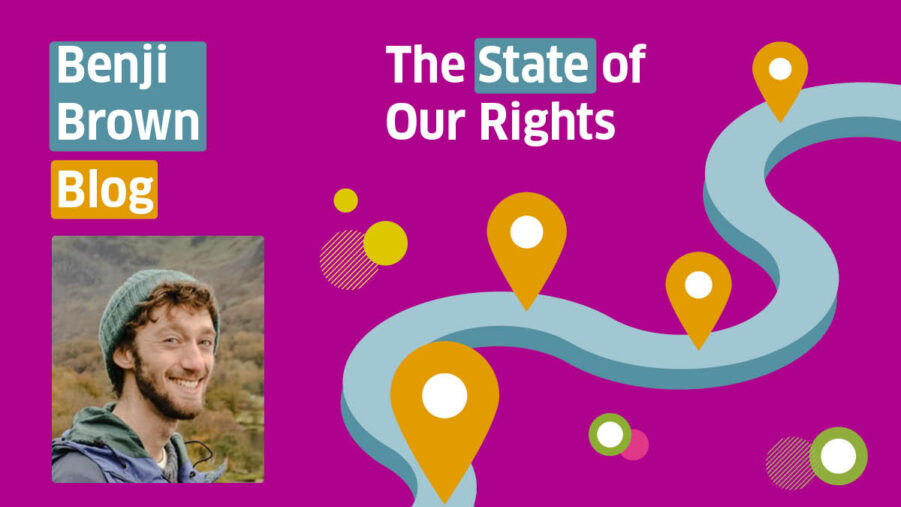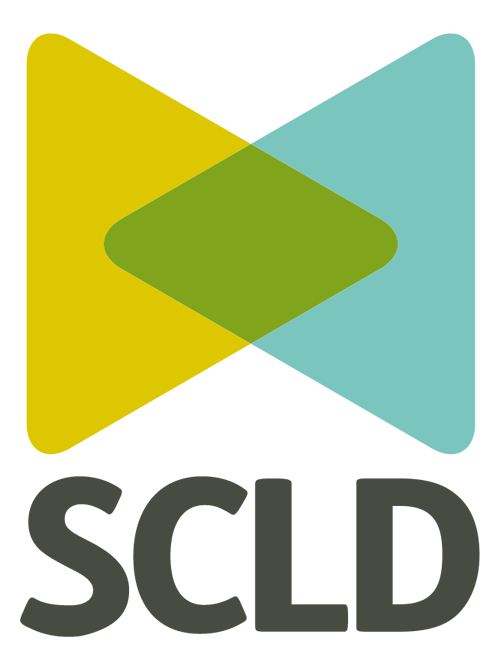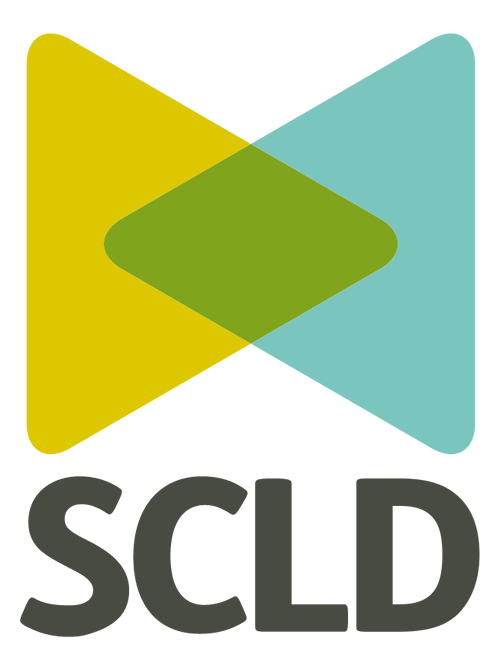
The State of Our Rights: The right to a healthy environment
SCLD has invited a range of stakeholders and partners to share their thoughts on our recent state-of-the-nation report on the human rights of people with learning disabilities, The State of Our Rights. We will be sharing these meditations in a blog series over the coming weeks. This week it is the turn of Benji Brown from The Environmental Rights Centre for Scotland (ERCS) with his perspective on how a healthy environment is integral to us all, but especially those who are marginalised…
The Environmental Rights Centre for Scotland (ERCS) assists the public and civil society to understand and exercise their rights in environmental law and to protect the environment. We provide free legal expertise in public interest environmental law, awareness raising and outreach to marginalised groups, and advocacy in policy and law reform.
At ERCS, we recognise that environmental and social justice are inseparable. We understand that marginalised groups, including disabled people, are also those who experience the greatest risk of the impacts of environmental harm. They tend to have less access to information on environmental hazards, and are less able to participate in decision-making on environmental matters that affect them.
We therefore welcome SCLD’s The State of Our Rights the report, which highlights the key human rights concerns of people with learning disabilities, and we strongly support the call for enforceable and accessible remedies in the report’s recommendations.
Incorporation of the human right to a healthy environment can advance the rights of disabled people – the evidence is clear that increased access to clean air, sustainably produced food, and biodiverse greenspace are key to improving mental and physical health, and these substantive environmental features underpin a dignified life. However, both the human right to a healthy environment and the United Nations Convention on the Rights of Persons with Disabilities must be incorporated with sufficient ‘teeth’ so that they work in practice to address systemic discrimination and access to justice on the environment.
We also agree that a ‘maximalist’ interpretation of human rights treaties and obligations is essential to deliver lasting impact. Whether it is clamping down on air pollution to protect people from respiratory disorders and limit lethal emissions, or tackling discrimination against people with learning disabilities and ensuring their voices are heard in policymaking, there must be a clear legal imperative for public bodies to respect and protect our rights.
A healthy environment is fundamental to the right to life and is integral to addressing the root causes of food and fuel insecurity, health inequalities, and the cost-of-living crisis. We know that, because of poverty, discrimination, and stigma, disabled people […] often experience the sharp end of these crises and their needs are often left unmet.
A healthy environment is fundamental to the right to life and is integral to addressing the root causes of food and fuel insecurity, health inequalities, and the cost-of-living crisis. We know that, because of poverty, discrimination, and stigma, disabled people (including people with learning disabilities, autism and neurodevelopmental differences) often experience the sharp end of these crises and their needs are often left unmet. If done right, the Scottish Human Rights Bill can be an important first step in tackling these systemic injustices and ensuring better protections for both people and planet.
Benjamin Brown
ERCS Policy & Advocacy Officer


